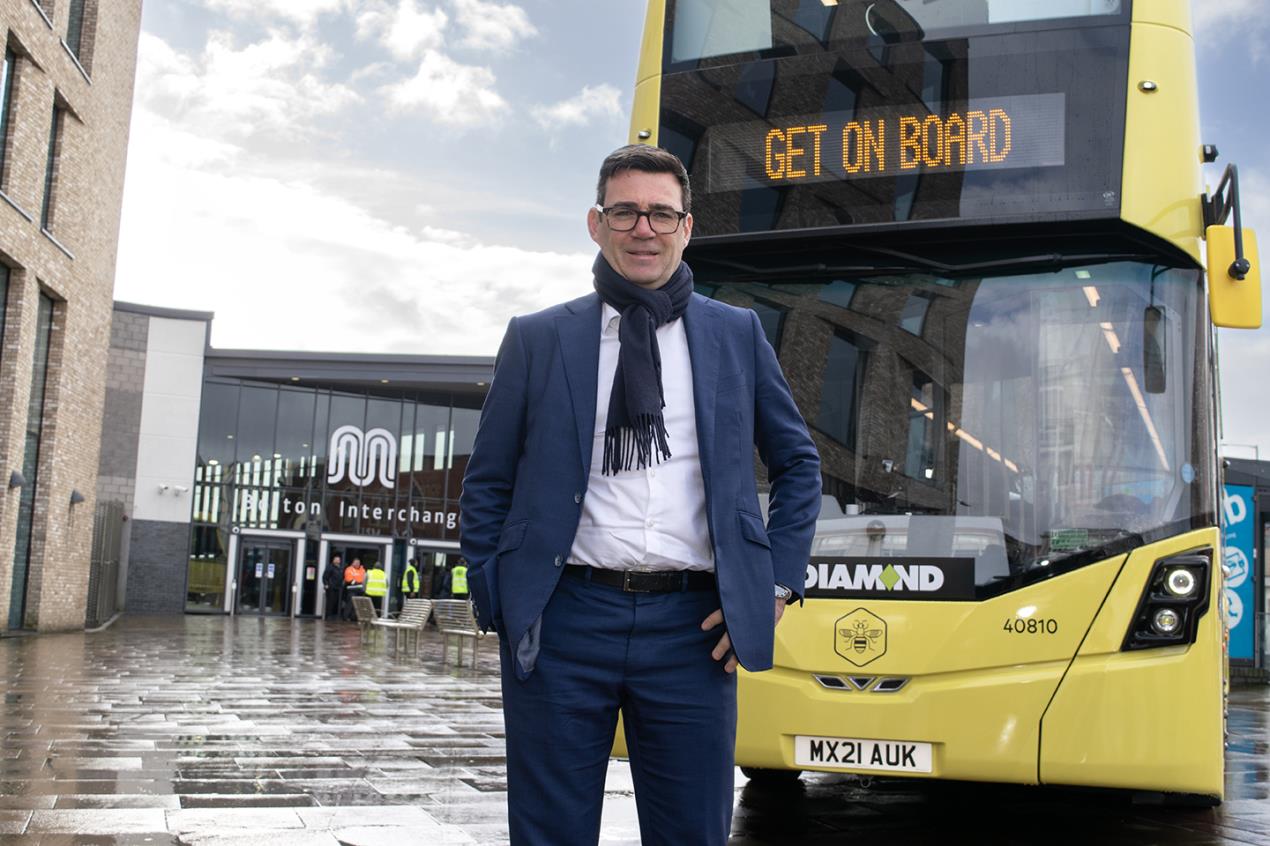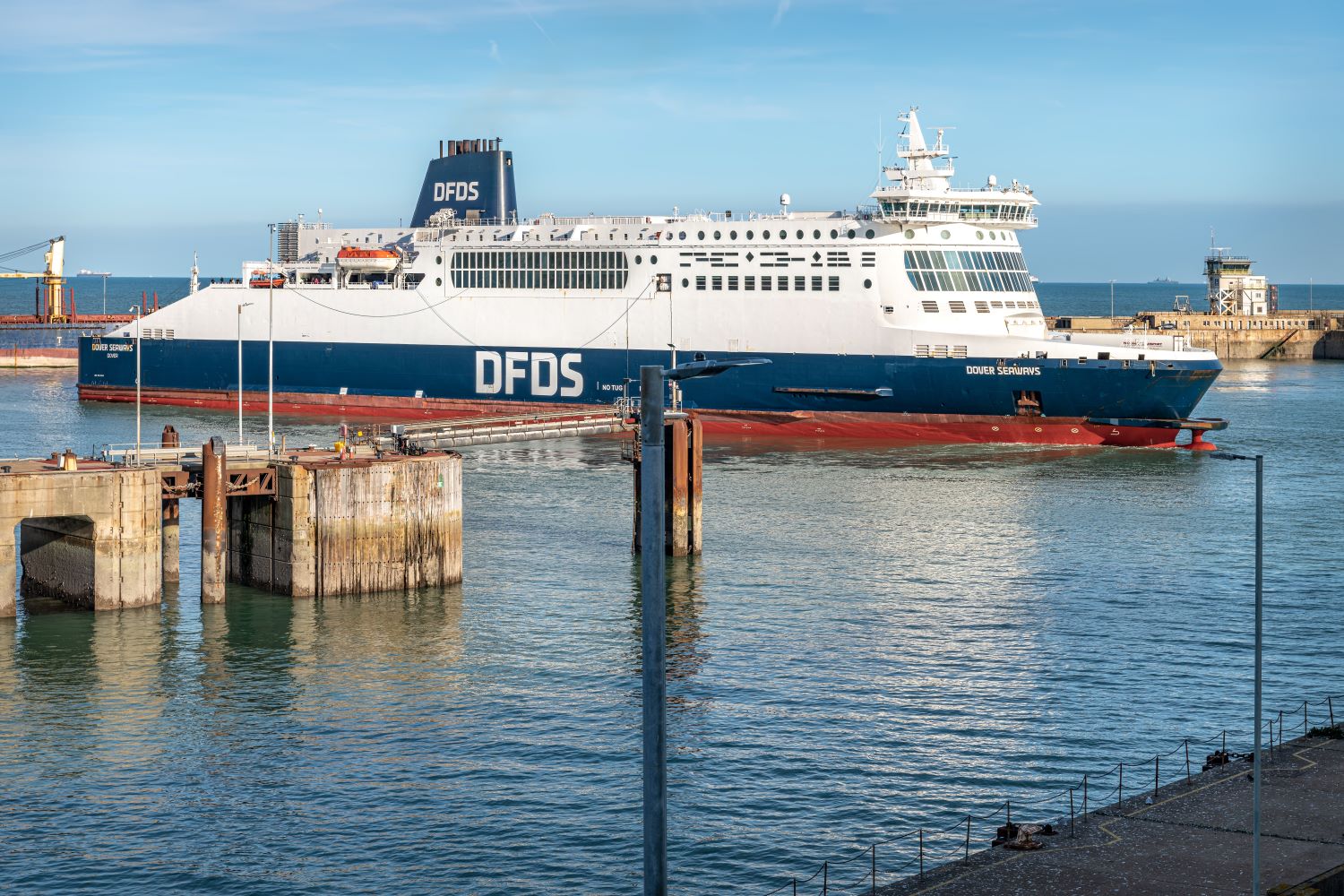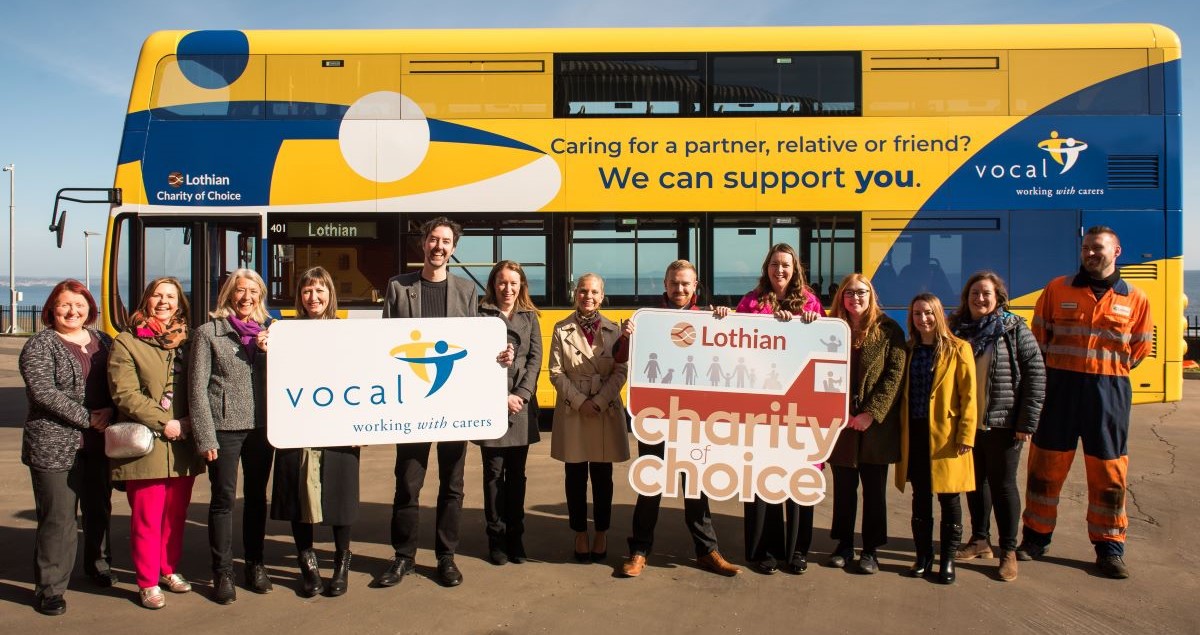Operators, watchdog Transport Focus and Ireland’s National Transport Authority had their say on regulatory reform at the CPT conference on 30 March
The divisive subject of regulatory reform in England, Scotland and Wales was covered at the CPT Annual Conference on 30 March.
David Astill, Managing Director of Nottingham City Transport (NCT), kicked off discussions by answering the question of whether reregulation can tackle some of the issues that impede patronage growth. Acknowledging that there is no panacea to some issues – such as parking – he argued that the 1985 Transport Act has proven that ownership structure does not determine bus patronage.
Research at NCT has determined that bus users want punctuality, frequent services, friendly and helpful drivers, seats when they board, and fares that represent value for money. On whether municipal ownership helps deliver these to customers, Mr Astill says it gives operators “a start”. With NCT’s own majority shareholder as the highway authority, the structure provides an element of trust that operators “don’t have to start building services from scratch” because the local authority sees the benefits in reliable bus operations.
Paul Lynch, Regional Director London and Wales at Stagecoach, who brings experience working with Transport for London, added that factors outside of operator or government control come into play when it comes to the ultimate benefits of regulatory reform. He adds that some operators will welcome a regulatory environment after the impact of COVID-19, arguing that the last few years have taught operators that any business model can be vulnerable, with both municipal and private operator models put under pressure by the pandemic period.
In Wales, which has been subject to slower and worse passenger recovery than the rest of the UK, and where more reliance is on concessionary passengers and which has endured longer COVID-19 restrictions, there has consequently been a stronger push towards franchising.
Tim Gaston, of the National Transport Authority of Ireland, reported good results of Franchising in the country. He described a scenario where punctuality is driven into every bus stop and where every operator is closely measured in that regard. Network coverage has been driven and investment in services continued during the COVID-19 period. BusConnects, the NTA’s programme to improve bus services in Irish cities, is “completely rewriting the situation in Dublin”, he adds, through measures such as bus priority, consistency and delivery, fares, real-time passenger information, and next-generation ticketing.
David Sidebottom, Director of Transport Focus, contextualised the franchising offer in terms of Manchester, stating that funding and politics need to work and the “compelling case that Manchester is making… probably is what’s right for Manchester now, and tomorrow. It doesn’t mean to say it’s a one size fits all solution.”



























